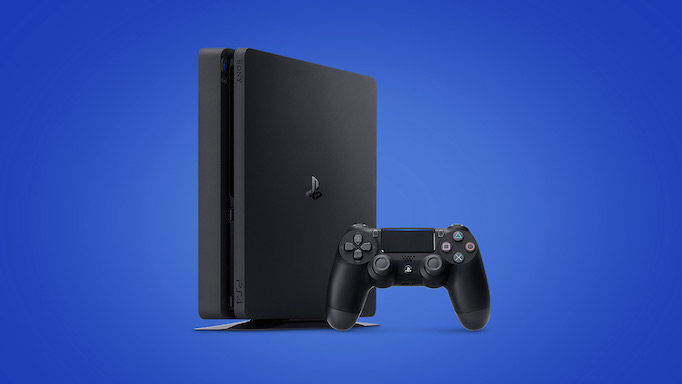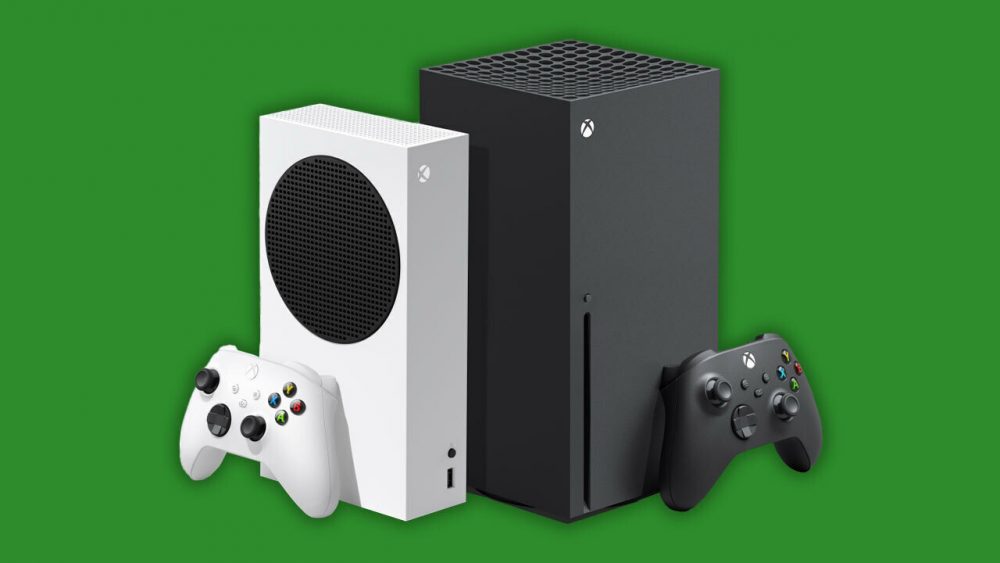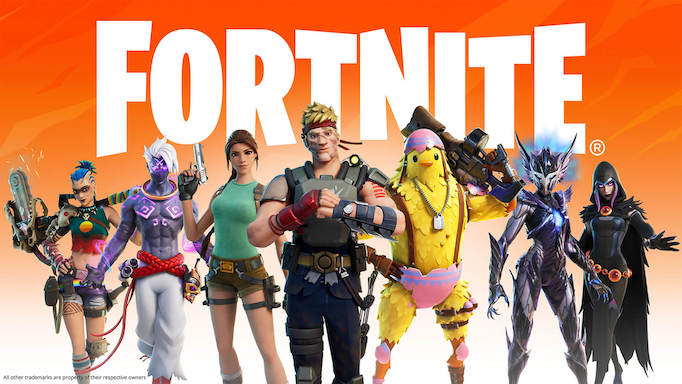Epic Games’ lawsuit against Apple finally proceeded to trial on Monday, and it’s serving up a treasure trove of video game industry secrets. The case itself has broader implications for antitrust law than it does for video games, but court filings and testimony over the past week have shed a lot of insight into an industry that prides itself on its secrecy. Here are some of the most interesting things we’ve learned from Week 1 of Epic Games v Apple.
The video game industry is overly secretive
One of the most comical elements of this trial is the judge’s befuddlement and frustration with the secrecy of the video game industry compared to other markets. A lot of the revelations from the trial would in all likelihood have been publicly available information in almost any other field. Staff members at Kotaku had an interesting discussion in 2018 about why the video industry is so secretive and several argue why it shouldn’t be.
It’s actually pretty hard to define a video game
You can pretty easily identify a film, novel, or comic, but what does and doesn’t qualify as a video game is more of a head-scratcher. The Verge put together all the different ways witnesses tried to define a video game and what distinguishes them from apps. No one provided a particularly satisfactory answer.
The reason for this discussion at the trial is that Tim Sweeney is trying to argue that Fortnite is not a game. He started describing it as a metaverse in hopes of skirting the conditions of the App Store’s revenue-sharing model. It doesn’t seem like a particularly convincing argument, though it’s difficult to project how the judge will rule just a week into the trial.
Sony played hardball over cross-play
Sony was extremely resistant to enabling cross-play on the PlayStation 4 even after Microsoft and Nintendo fully embraced it. But the demand for cross-play hit a fever pitch around the surge in popularity of Fortnite. Sony ultimately agreed to allow crossplay on select titles, but it turns out public pressure wasn’t what convinced the company, it was dollars and cents. Epic cut a deal with Sony that required the Fortnite developer to pay Sony based on where customers spent the most time playing the game rather than where they purchased their in-game currency. The company’s insistence on such a contract shows just how reluctant Sony was to surrender any control while they were the clear leader in the console market.
Video game consoles are still a loss leader
During testimony, a Microsoft executive confirmed that, as with the company’s past consoles, the Xbox Series X and S cost more to make than the company earns from selling them. Video game consoles are often sold at a loss but companies more than make up for the expense thanks to the 30% cut they receive from everything purchased from their digital stores. This testimony could have real implications for the case as a whole. Epic argues that Microsoft deserves the 30% cut since the Xbox itself isn’t profitable, while Apple doesn’t deserve the same in its App Store since iPhone sales are major profit drivers for the corporation. Maybe that’s why Apple is disputing the Microsoft testimony even though no one doubts its veracity.
The Epic Game Store is years from profitability
Anyone who’s been paying attention can’t be surprised to learn the Epic Game Store is in the red. In its attempt to compete with PC games industry leader Steam, Epic gives away free games to anyone with a store account every week, which is not cheap for the company. Plus, Epic has been publishers/developers for timed exclusives. Epic doesn’t expect the store to be profitable until 2024, but all of its revenue from Fortnite and Unreal Engine help cushion the blow. A financial document revealed that Epic Games made $9 billion between 2018 and 2019, generating $5.5 billion in profit.
Xbox runs oppo research
One of the more amusing stories to come out of Epic Games v Apple was Xbox’s internal analysis of PlayStation exclusive The Last of Us Part 2. Microsoft studying titles made by its chief competitor isn’t too big a surprise, but it’s interesting that their analysis reads like a mediocre video game review from the ‘90s.
Everyone’s mad at Epic
Epic obviously made an enemy out of Apple for picking this fight, but Sony, Microsoft, and Nintendo can’t pleased to see their private correspondences and documents shared publicly. One reason most cases don’t proceed to trial is that they air the parties’ dirty laundry and the dirty laundry of their business associates. There’s nothing the console makers can do to retaliate against Epic given the continued popularity of Fortnite and the entire video game industry’s reliance on Unreal Engine. But Tim Sweeney isn’t making many friends pursuing what is arguably a personal vendetta against Apple.
We learned a lot about the video game industry over the past week thanks to this case. If the rest of the trial proves equally illuminating, The Beat will be sure to update you on future developments that come out of Epic Games v Apple.


















